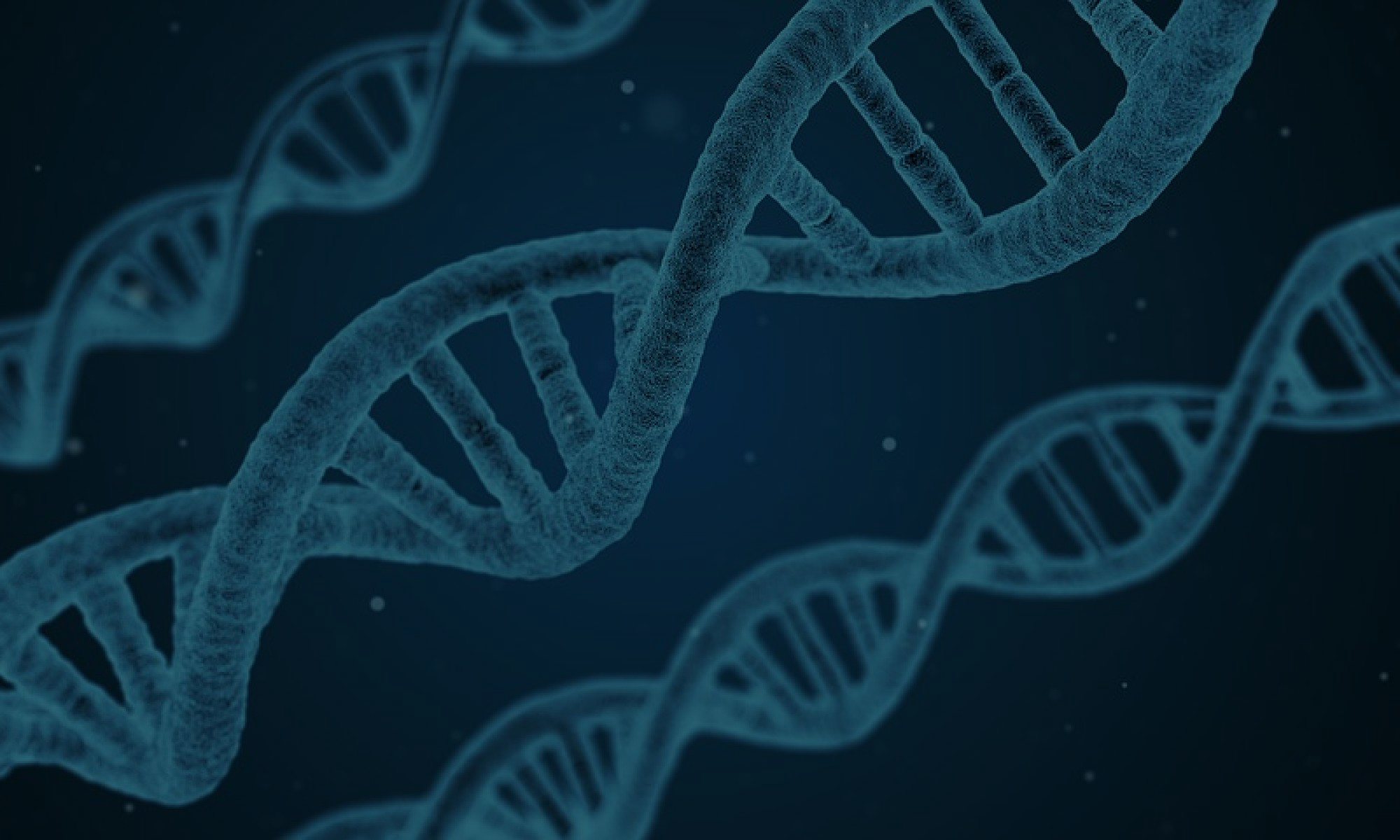The disease
The desease: biochemical reminder of the disease
The Tyrosinemia is a hereditary and rare disease of the metabolism, to be specific this disease affects the amino acids’ metabolism.
There is a lack of activity or a dysfunction of an enzyme produced by the liver in the way of detoriation called: tyrosine hydroxylase.
The tyrosine is present in most of animal and vegetable proteins (meat, fish, dairy products, eggs, legumes, nuts or tofu).
This malfunction causes:
- an accumulation of the tyrosine in blood, but more important, an accumulation of 2 metabolites: Maleyl-Aceto Acetate (MAA) and Fumaryl Acetoacetate Hydrolase (FAH), extremely toxic which harm the liver and kidneys.
- an accumulation of Succinyl-Acetone (SA) and delta-Amino Levulinic Acid (ALA) in blood and urines, which are toxic and damage the peripheral nervous system (nerves), skin and eyes development.
Disease: the transmission
The Tyrosinemia is a hereditary disease. It is transmitted if two parents carry the deficient gene. However, they are not themselves affected by the disease, their enzym FAA works correctly in order to avoid these toxic accumulations.



